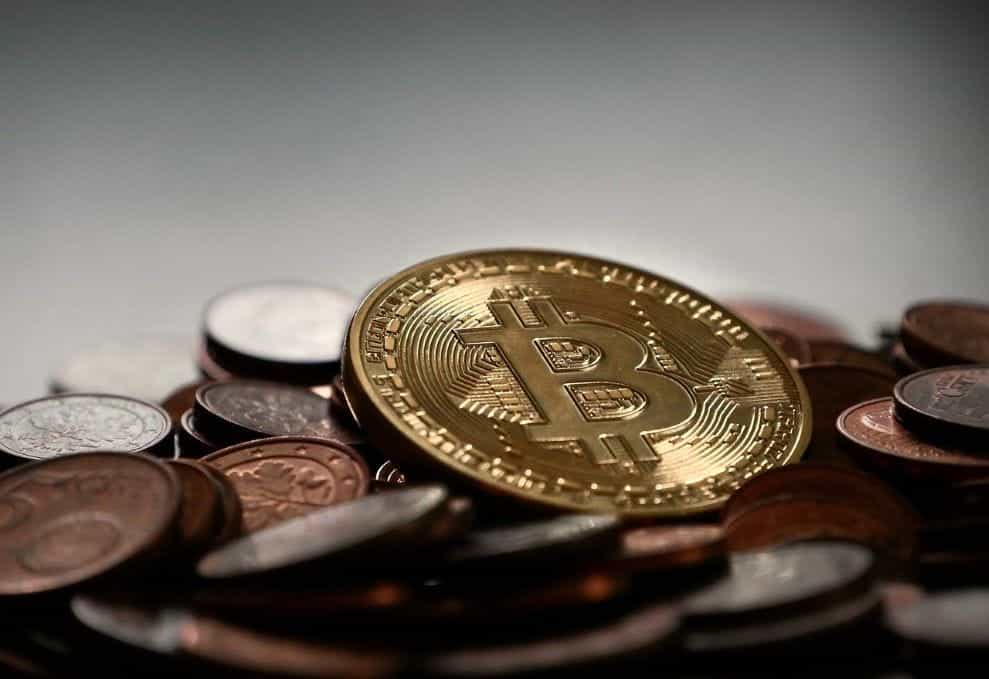China’s Central Bank Digital Currency Set to Disrupt Casino Sector
China’s central bank digital currency (CBDC) is set to disrupt the casino industry in Macau, the world’s largest gambling hub. The CBDC, which is currently being tested in several cities across China, is a digital version of the country’s national currency, the yuan. Its introduction could have significant implications for the Macau casino industry, which relies heavily on cash transactions and the anonymity provided by the current processes.

The blockchain revolution is leading to enterprise grade solutions in the space – the first of which will be a major shake-up of how governments control their monetary supply. ©MichaelWuensch/Pixabay
The CBDC, also known as the digital yuan, is part of China’s efforts to modernize its financial system and reduce its reliance on cash. The digital yuan is being developed by the People’s Bank of China (PBOC), the country’s central bank. It is expected to be used for a wide range of transactions, including purchases of goods and services, and will be available to both individuals and businesses.
One of the key advantages of the digital yuan is its ability to facilitate fast and secure transactions. Unlike traditional bank transfers, which can take days to clear, the digital yuan can be transferred almost instantly, making it well-suited for use in the fast-paced world of gambling. Additionally, the digital yuan is expected to be more secure than cash, as it will be backed by the PBOC and protected by advanced cryptographic techniques.
The introduction of the digital yuan is likely to have a significant impact on the Macau casino industry, which relies heavily on cash transactions. According to the Macau Government Tourist Office, over 80% of all transactions in Macau are conducted in cash, with most casinos requiring customers to pay for chips and other services in cash. This reliance on cash makes the Macau casino industry vulnerable to money laundering and other financial crimes.
Digital Currency Changing the Face of Gambling in China
The digital yuan could help to address these issues by providing a secure and convenient alternative to cash. With the digital yuan, customers will be able to transfer funds instantly and securely, without the need to carry large amounts of cash. This could help to reduce the risk of money laundering and other financial crimes, making the Macau casino industry more transparent and trustworthy. Additionally, the digital yuan could make it easier for Chinese customers to gamble in Macau. Currently, many Chinese customers are unable to gamble in Macau due to restrictions on the amount of cash they are allowed to carry across the border. The digital yuan could provide a solution to this problem, allowing Chinese customers to transfer funds electronically, without the need to physically carry cash.
There are also potential benefits for the Macau casino industry itself. The digital yuan could help to reduce the costs associated with handling and processing large amounts of cash. This could lead to lower operating costs for casinos, which could in turn be passed on to customers in the form of lower prices and more competitive offers.
Despite the potential benefits of the digital yuan, the Macau casino industry is not without its concerns. Some industry insiders have expressed concerns about the potential for the digital yuan to be used for money laundering and other financial crimes. There are also concerns about the impact of the digital yuan on the traditional casino business model, which relies heavily on high-roller customers and VIP rooms. However, it is important to note that the digital yuan is still in the testing phase, and it is not yet clear when it will be fully rolled out. The PBOC has not yet provided a timeline for the digital yuan’s introduction, and it remains to be seen how the Macau casino industry will adapt to this potential disruption.
Overall, the introduction of the digital yuan is likely to have a significant impact on the Macau casino industry. While there are potential benefits, including reduced operating costs and increased convenience for customers, there are also potential risks and challenges that the industry will need to address. It remains to be seen how the Macau casino industry will adapt to this potential.



